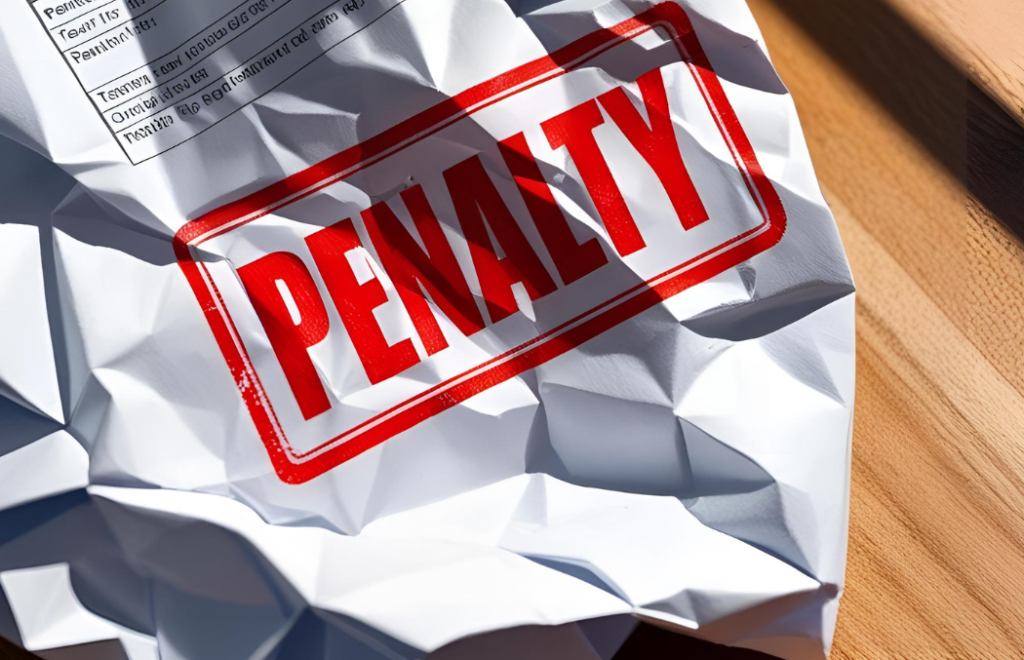
Tax laws in the Czech Republic impose various penalties for non-compliance. Below is an overview of key sanctions under the Tax Code:
Fines
Confidentiality Violation: Breaking confidentiality rules can result in a fine of up to CZK 500,000.
Disruptive Conduct Fine: If a taxpayer disrupts tax proceedings or ignores official requests, they may face a fine of up to CZK 50,000 (or up to CZK 500,000 for serious obstruction). This fine can be imposed repeatedly.
Failure to Fulfill Obligations: Not meeting tax-related duties (e.g., registration or reporting obligations) can lead to a fine of up to CZK 500,000. A defective submission incurs a CZK 1,000 fine, which may increase to CZK 50,000 if not corrected.
Late Tax Return Submission: If a tax return is filed more than five days late, a fine applies:
0.05% of the assessed tax per day of delay,
0.05% of the tax deduction per day,
0.01% of the tax loss per day.
Maximum penalty: 5% of the assessed tax (capped at CZK 300,000).
If filed within 30 days and no other late returns exist that year, the fine is halved.
If tax is primarily from employment (over 50%), the fine is reduced to one-tenth.
If the tax return is never filed, the fine is at least CZK 500.
Tax Surcharges (Penalties)
Additional Tax Assessment: If an audit reveals underpaid tax, a surcharge applies:
20% of the additional assessed tax,
20% if a tax deduction is reduced,
1% if a tax loss is reduced.
If both a loss reduction and an additional tax assessment occur, only the higher surcharge is applied.
No surcharge applies if a taxpayer voluntarily corrects an error before an audit starts.
Interest Charges
Late Payment Interest: If tax is not paid on time, interest accrues from the fourth day after the due date. The rate equals the Czech National Bank’s repo rate plus 8 percentage points (currently 12.75% p.a.).
Deferred Tax Interest: If the tax office allows deferred payment, interest accrues at half the late payment interest rate.
Interest is not charged if it is below CZK 1,000.
Can You Appeal a Tax Penalty?
Yes. Taxpayers can request a reduction or waiver of penalties:
Tax Surcharge: A request must be submitted within three months of the penalty assessment. The tax must be fully paid first. A surcharge can be reduced by up to 75% but not entirely waived.
Late Filing Fines & Interest: If the taxpayer ultimately fulfills their obligation, a waiver may be granted based on circumstances like serious illness or system failures.
Tax authorities consider past compliance history when evaluating waiver requests.
Understanding tax penalties helps taxpayers stay compliant and avoid unnecessary costs. If in doubt, consult us for guidance!

